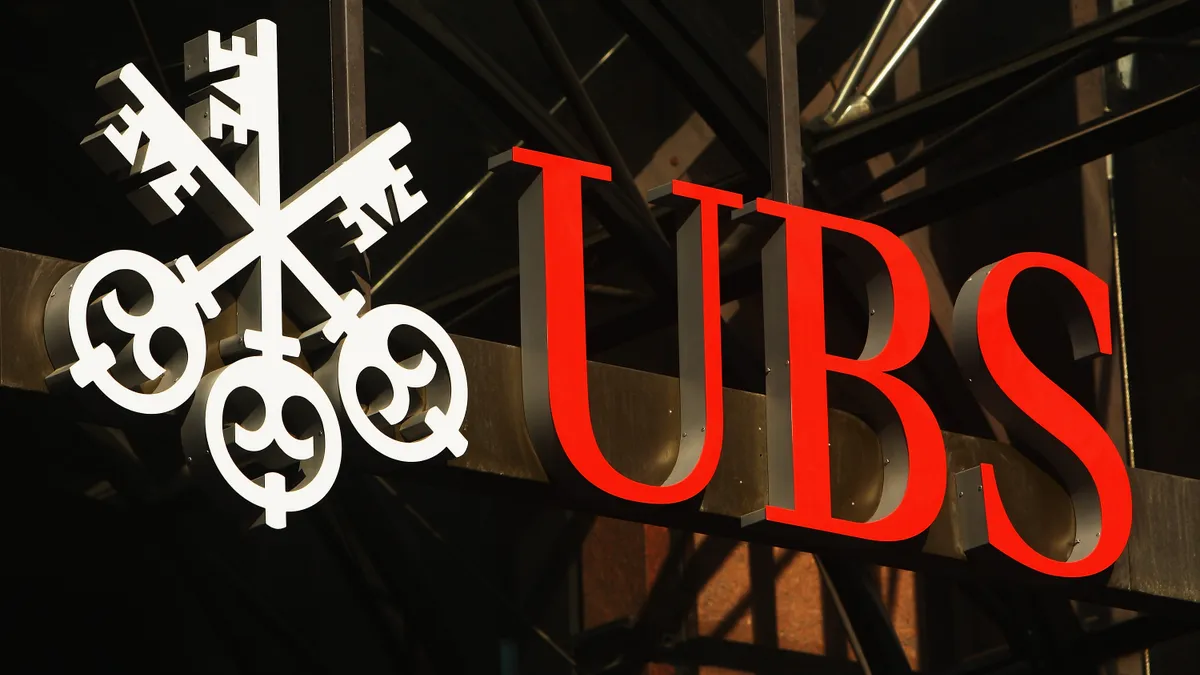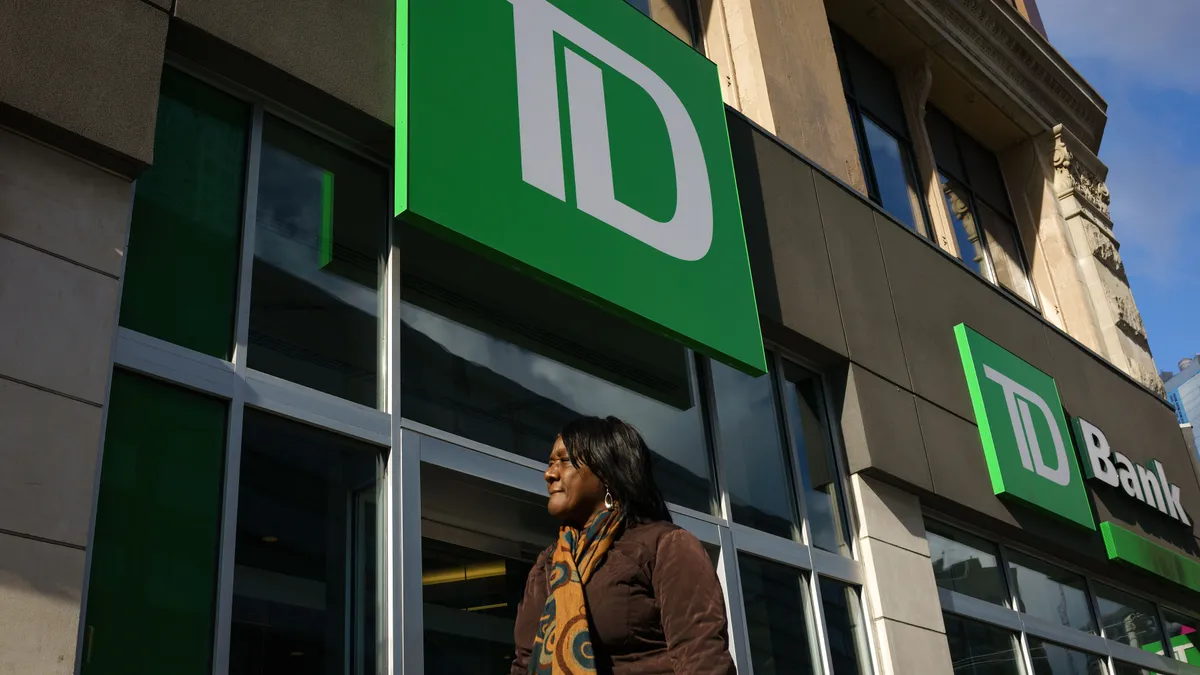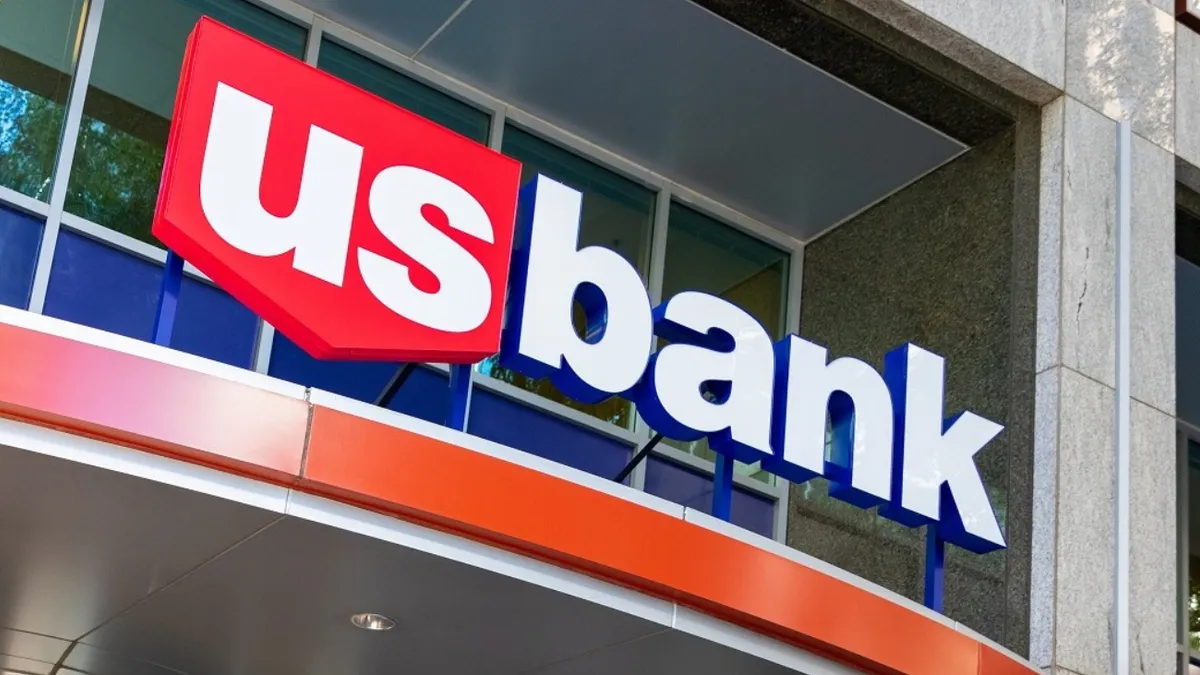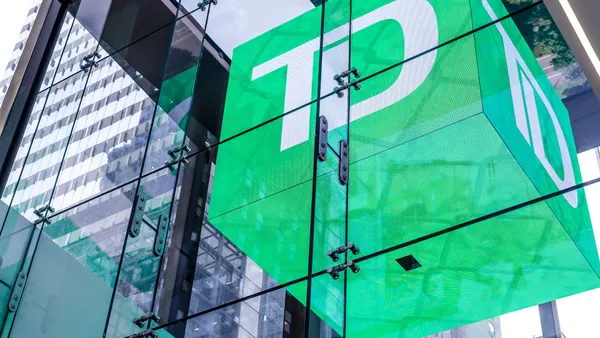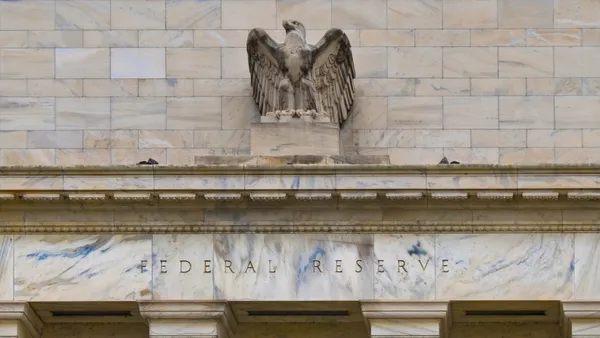UBS gave CEO Sergio Ermotti 14.4 million Swiss francs ($15.9 million) in 2023, the bank disclosed in its annual report Thursday.
That makes him the best-paid European bank CEO, according to a comparison of figures by Reuters. Ermotti’s nearest contemporaries are HSBC CEO Noel Quinn, who made £10.6 million ($13.4 million) last year, according to Bloomberg, and Santander Chair Ana Botín, who was paid €12.2 million ($13.1 million).
Still, Ermotti’s compensation — and, by extension, that of all of Europe’s banking CEOs — falls far short of executive pay in the U.S., where the lowest-paid CEO among the largest six banks, stood at $26 million in 2023 (for Citi’s Jane Fraser) and the highest was $37 million for Morgan Stanley’s now-executive chair, James Gorman.
Notably, Ermotti’s pay package, which UBS said was in recognition of “excellent performance in a defining year in [the bank’s] history,” comes for nine months of work: The CEO rejoined UBS last April to guide the bank through its forced acquisition of Credit Suisse.
Ermotti in 2024 may put more distance between himself and the next-most valuable European bank CEO. The bank intends to give him the chance to make up to 20 million Swiss francs this year, the Financial Times reported.
By comparison, UBS’s previous CEO, Ralph Hamers, made 12.6 million Swiss francs in 2022, according to Reuters. UBS’s chairman, Colm Kelleher, made 4.7 million Swiss francs in 2023.
Ermotti’s second stint atop UBS also is looking less like a one-off.
“Sergio has committed to stay at least until the completion of the integration process, if not longer,” UBS said in a letter to shareholders credited to Ermotti and Kelleher.
Ermotti said in September he plans to stay as CEO until 2026, at which point UBS has said it expects the integration of Credit Suisse to be substantially complete.
Also in the letter, Ermotti and Kelleher said Credit Suisse failed because of a “broken business model” rather than inadequate capital.
“The fact that we were in a position to rescue Credit Suisse, despite both firms operating under the same [Swiss] regulatory regime, shows the framework and capital requirements were not the problem,” Ermotti and Kelleher wrote.
The aftermath showed proof of robust competition in the Switzerland, they wrote.
“The collapse of Credit Suisse unleashed an extraordinary race for clients, talent and market share in the Swiss banking market,” Ermotti and Kelleher wrote.
Ermotti’s pay package comes as bonuses for UBS and Credit Suisse fell 14% to $4.5 billion, Reuters reported.
The lower bonus allocation shows the impact from “challenging operating conditions for the financial industry and the uncertainty and market volatility resulting from continued geopolitical tensions,” UBS wrote in its annual report.
Compensation for UBS's executive board, though, jumped 31% in 2023 — to 140.3 million Swiss francs from 106.9 million Swiss francs in 2022, according to Reuters.
The number of "key risk takers" at UBS jumped 48% to 1,038 after the bank acquired Credit Suisse, according to the annual report. That label applies to employees with a total compensation of more than $2.5 million or 2.5 million Swiss francs. Compensation for this group increased by 39% to $1.8 billion, UBS said.
Also in its annual report, UBS said it is still reviewing potential misstatements in Credit Suisse’s financial reports. There’s a chance that UBS may not detect “a material error,” which, because UBS acquired Credit Suisse, could turn into a material impact on UBS, the bank said.
“This review is ongoing, and UBS expects to adopt and implement further controls and procedures following the completion of such review and discussions with regulators,” the bank said.



